Webinar series: Difference between revisions
Fractalguy (talk | contribs) mNo edit summary |
Fractalguy (talk | contribs) |
||
| Line 36: | Line 36: | ||
* Is there any single work that reflects your beliefs as a whole? Or a significant portion? | * Is there any single work that reflects your beliefs as a whole? Or a significant portion? | ||
* How does the Paradox of Tolerance impact | * How does the Paradox of Tolerance impact the goal of creating a universal in-group? | ||
* Is it intellectually honest to take a position due to its superior persuasive power? | * Is it intellectually honest to take a position due to its superior persuasive power? | ||
* Is it possible to codify beliefs without them becoming dogma? | * Is it possible to codify beliefs without them becoming dogma? | ||
Revision as of 20:12, 12 March 2024

The metaculture Webinar Series divides the complete philosophy into a series of presentations and discussions by category.
Wiki Book Club
This allows the wiki to be tackled in a "Book Club" style, reading a manageable section on a single topic and then meeting to discuss. Should your book club wish to read the metaculture wiki without the webinars, this outline would serve as an appropriate roadmap.
Before each session you should read all of the pages in the list, and watch the associated videos. For topics that you are very familiar with you may choose to skip some of the videos, especially the longer ones. The 1.25x speed setting can help as well. The webinars will assume you have read all the pages and are familiar with the concepts presented in the videos.
Focus on Connections
Due to the broad range of topics being covered, discussion will focus on the core philosophical tenets and unique perspectives of the belief system, the rhetorical and persuasive advantages of this approach, and how each subject relates to the holistic view of the universe presented by metaculture. The goal is to bridge the gap between common understandings of these subjects and the best available evidence. So read the Wikipedia links if you don't yet have the common understanding!
Enlightenment or Your Money Back!
At the end of this free 10-part webinar series, you are guaranteed to achieve a new sense of scientific and spiritual enlightenment that you never had before. If the webinar series fails to achieve this goal, you will be issued a full refund and sincere apology.
metaculture Mondays Start March 11, 2024 @ 8:30PM Eastern
Sign up here to receive the webinar registration links for this and future webinars. metaculture Mondays repeats every 2 weeks (3/11, 3/25, 4/8, 4/22, 5/6, 5/20, 6/3, 6/17, 7/1, 7/15).
1 Introduction

Start with an introduction to the metaculture belief system, explaining the primary goals, expected benefits, and reasons behind the undertaking.
- metaculture
- Belief System
- Culturally Neutral
- Universal In-Group
- Holistic Perspective
- Persuasive Power
- The Dogma of No Dogma
- Enlightenment and the Meaning of Life
- Necessary Prerequisites
- Why a wiki?
- How to wiki
Questions to Ponder
- Is there any single work that reflects your beliefs as a whole? Or a significant portion?
- How does the Paradox of Tolerance impact the goal of creating a universal in-group?
- Is it intellectually honest to take a position due to its superior persuasive power?
- Is it possible to codify beliefs without them becoming dogma?
- What are the most important concepts required to understand the secular humanist perspective?
- What is the meaning of life?
2 Metaphysics and Theology
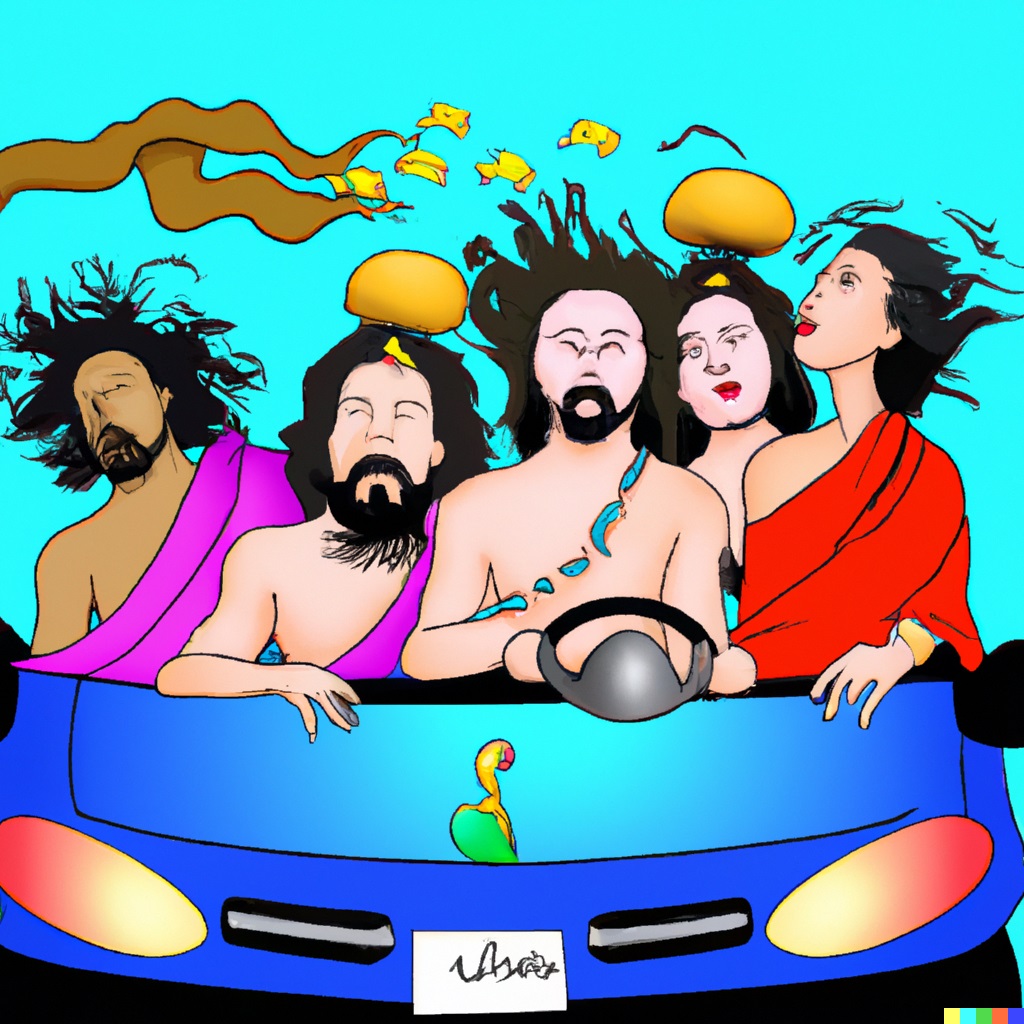
Since one of the primary goals is the resolution of cognitive dissonance caused by science and religion, the metaphysical and theological assumptions are a logical place to start.
- Philosophy
- Religion
- Reality and the Laws of Physics
- Logic and Inevitability
- God
- Pantheism
- Universalist
- Universe
- Atheism, Literalism, and Allegory
- Fractal Geometry of God
- Faith, Life Choices, and The Gambler
3 Empirical Ethics
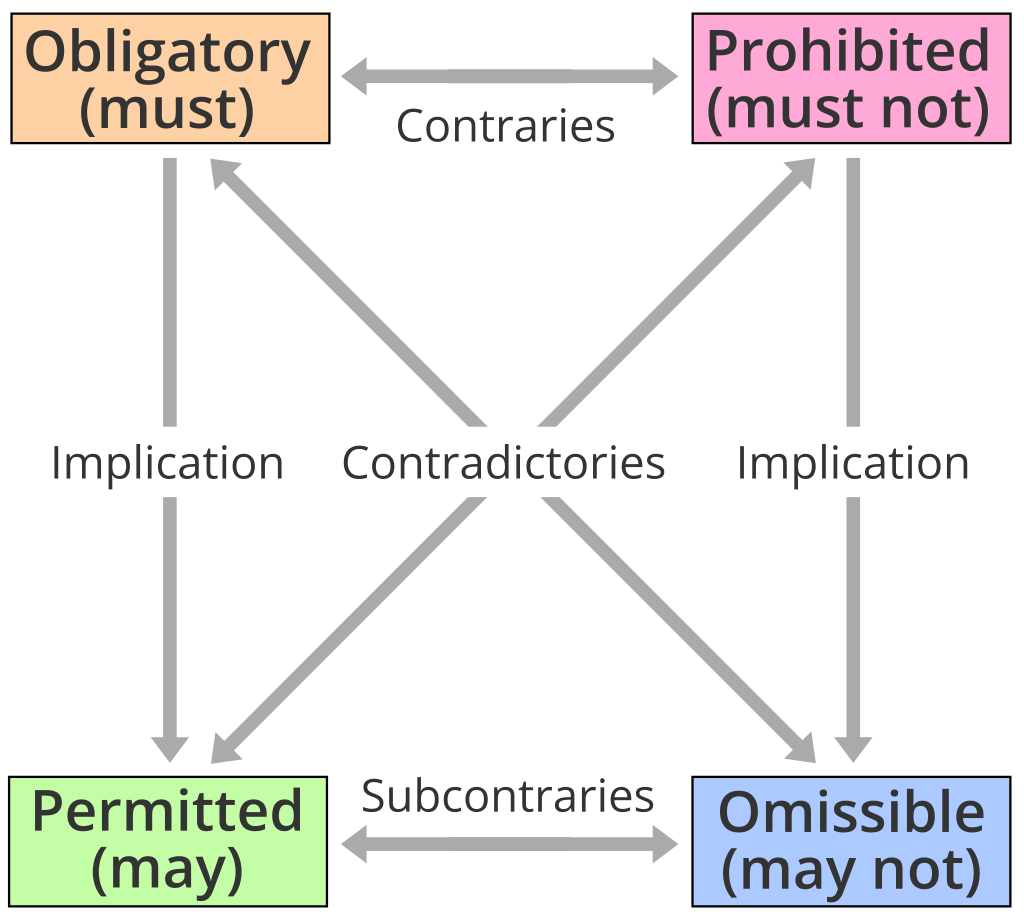
The goal of our ethics and what humans consider "good" is encoded in our brains by evolution. Therefore, the pursuit of happiness and well-being is the objective goal of our actions.
The way we interpret these instincts becomes the generating equation that creates the pattern of our life choices.
- Utilitarian Ethics
- Happiness and well-being
- Theoretical People
- Quality of life versus quantity of life
- Abortion, Euthanasia and the Death penalty
- Moderation
- These things are bad, mkay?
4 Gödel, Feedback Loops and Fractals

When self-reference is introduced into any mathematical system, strange (loop) things start to happen.
- Gödel's Incompleteness Theorems
- Algorithm
- Recursion
- Feedback Loops
- Self-Organization
- Generating Equation
- Self-Similarity
- Self-Correction
5 Consciousness and the Mind/Body Relationship
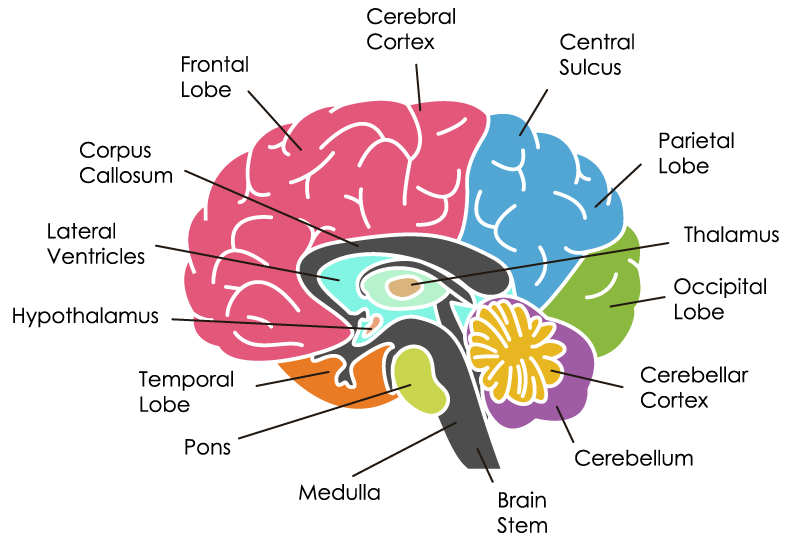
A crash course in how the brain works, with a particular emphasis on the hard problem of consciousness, the mind/brain relationship, and how understanding the activity of neural networks can help us understand our own behavior.
- Brain and Neurophysiology
- Neural networks
- Consciousness and Mind
- Free Will
- Subjectivity
- Psychedelics
Questions to Ponder
- Do you believe that the mind is purely material? Or is it something separate?
- What activities put you in a flow state? When do you feel most mindful?
- Does the universe have consciousness?
- Do you believe we have free will? Can we control our actions with our thoughts?
- What is a time you have changed your environment to aid your willpower?
- Do you believe in the similarity of subjective experiences? Is your perception of color the same as others?
- What is your solution to the hard problem of consciousness?
6 Brain and Behavior
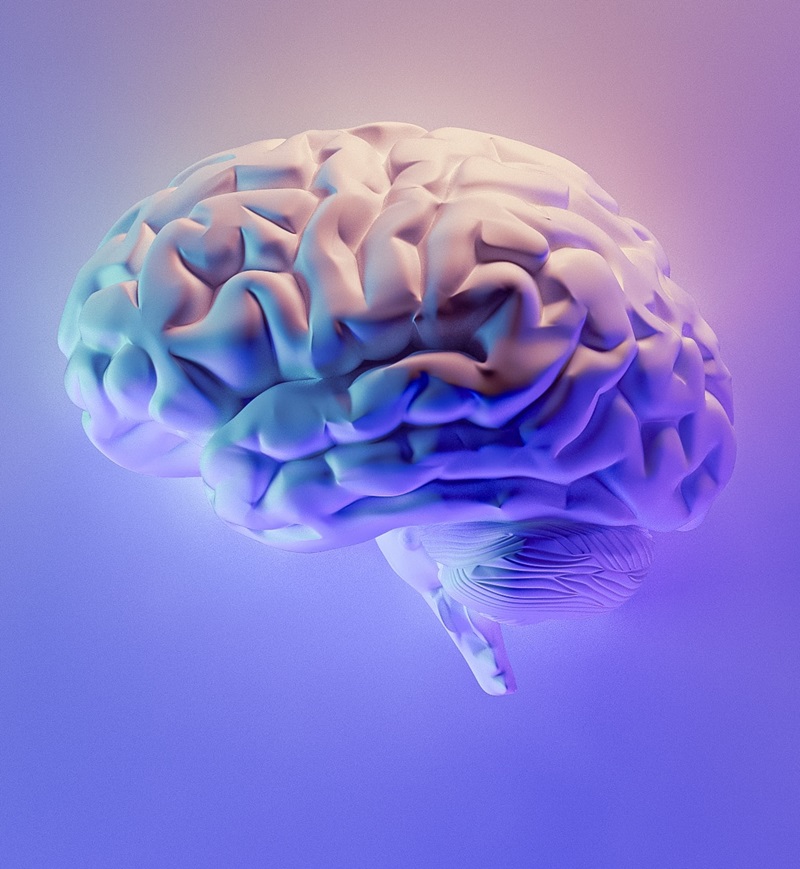
Exploring the other areas related to psychology, with a particular emphasis on the things that determine our life choices and behaviors.
- Self-Awareness
- Cognitive Dissonance
- Motivational Salience
- Addiction
- Delayed Gratification and Temptation
- Lying/Cheating
- Emotions
- The Placebo Effect
7 Creation, Evolution, and Metaphor Mapping
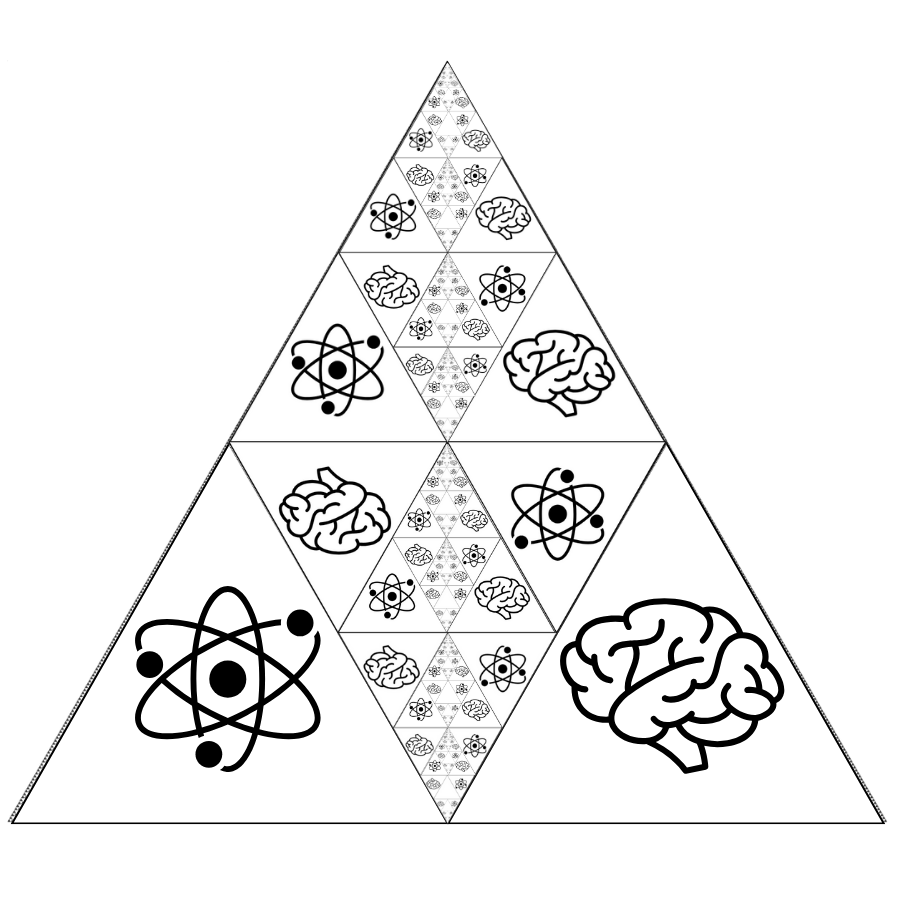
Exploring how the application of the fractal metaphor and principles of self-organization can help people understand the nature of complex systems like evolution, as well as illustrating the natural analogs for spiritual allegories.
8 Flavors of Modern B.S.
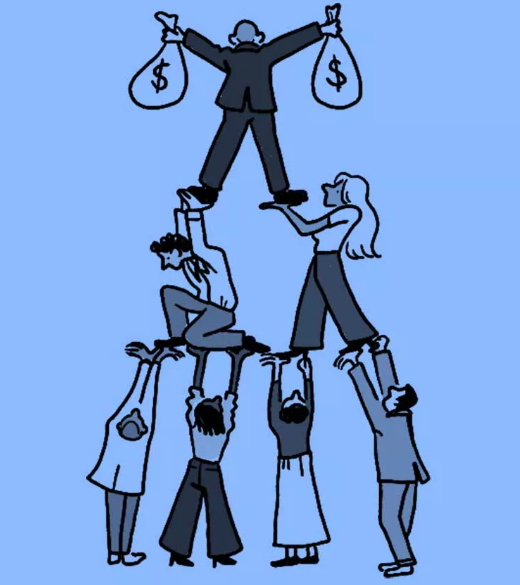
Reason and critical thinking are vital skills in late stage capitalism, where you can be grifted by anyone in the world at any time, and many of the schemes are legal. Developing new social norms will be necessary to counter these trends.
- Misinformation, Outrage, Platforms and Promotion
- Grift
- Pseudoscience
- Quantum Woo
- Futurology, Technology, and Crypto-bros
- The Manosphere
- Jesus Christ and Jordan Peterson
- Critical Thinking
- Social Norms and Taboos
9 Politics, Government and Economics

Evidence-based best practices for creating a society that is effective at maximizing happiness and well-being for its citizens and fulfilling the utilitarian ethos.
- Not left and right: Progressive, Libertarian, and Authoritarian
- Fascism and Communism
- Democracy
- Defining and Defending Freedom
- Freedom of Speech
- Religious Freedom
- Balance of Power
- Separation of Church and State
- Public Education
- Social Safety Net
- Universal Health Care
- Equal Justice for all citizens
- Mixed Economy with the best elements of Socialism and Capitalism
10 Best Practices For Life

The rest of the webinar series will focus on the application of science and evidence to maximizing happiness and well-being in society to every aspect of future culture. When the best practices section has been fully developed, each of these bullets could become its own session.
For the initial webinar, it will focus on the need to develop an authoritative guide for making effective life choices that is continually updated based on the best available evidence, so people don't have to figure everything out for themselves amidst a sea of misinformation.